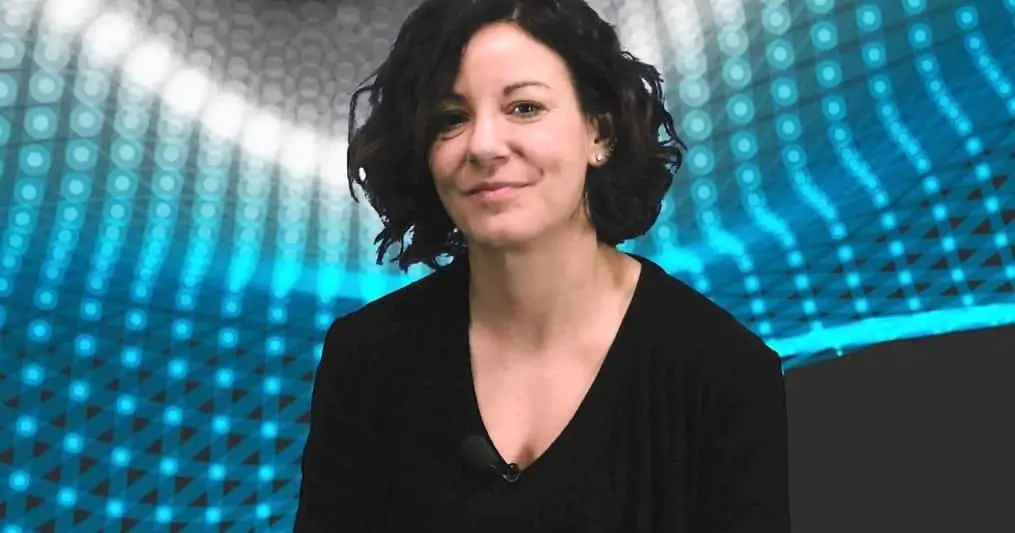The proposal of the Minister of Innovation Paola Pisano is of good sign and excellent intentions, but it must be applied in a radical way: let the bodies chase after it, e.g. not the citizens.
The creation of a true digital identity and a true digital domicile, with a single platform that connects the State and citizens is a goal that has always been pursued. Probably since the advent of the Internet itself.
Notifications, communications, administrative acts, in a clear and also (excuse me the purists for the bad expression) ecological way.
The Minister of Innovation Paola pisano it is by far the one from which I expect the most results in this legislature. For me she is more than a peer (also because she is two years younger than me): I consider her the truly contemporary Italian Prime Minister. And I expect a lot. Want to the lineage of the central theme that has this site, you want for that of Pisano herself, who has done her honor in her previous administrative experiences.

This is why I am very satisfied with this amendment to the financial maneuver: it has the flavor of a free kick from the edge of the area in the Cesarini area. She gives hope, keeps the passion alive.
Can we expect that by 2022, as the world returns to set foot on other satellites and planets, Italians will no longer suffocate in paperwork, notifications, post offices and betting shops? For me yes. But under certain conditions.
The road to the birth of a digital home must not fall on citizens
Having a communication channel, a fast and simple payment platform and safe "ubiquitous" availability are good and right things. Institutions must aim to complete the digital home plan at every level, national and local. Any delays, or things left unfinished, are not at our expense. The change is both widespread and simultaneous, or at least with a clear road map.
Digital identity: imagined well, to be created even better
In this sense the ideas seem sufficiently clear: the fact that the electronic identity card becomes a sort of 'digital identity booklet' and also includes the PIN for the future single platform is very interesting.
Ditto the shift of direction from Agid to the presidency of the Council.
We'll have the keys in good time, but will the doors open? And once we enter, will we find what we need? The doubts are always the same: infrastructures and internal communication chains, that is the endemic weaknesses of our administrative bodies.


